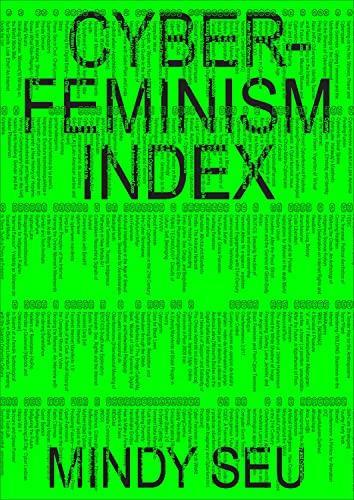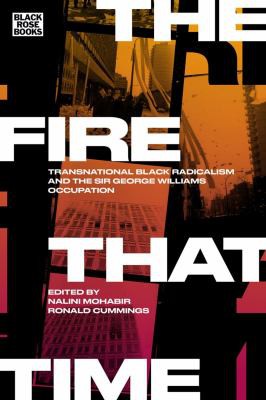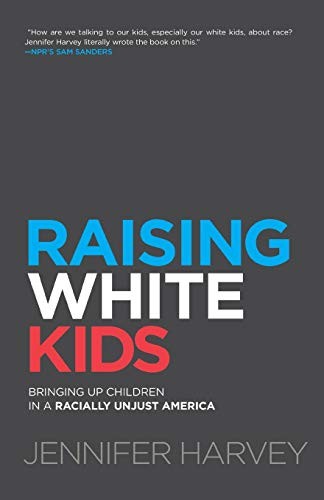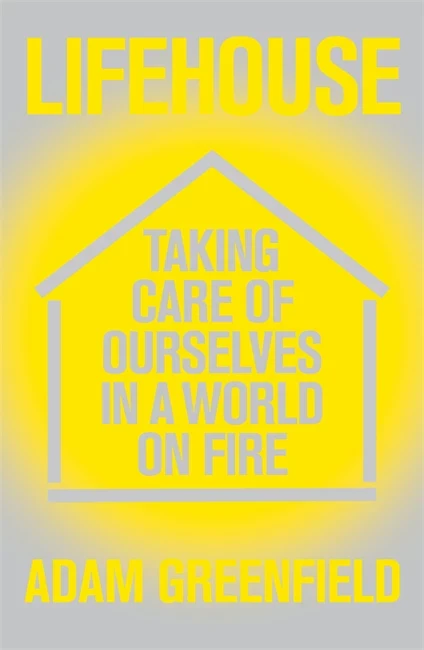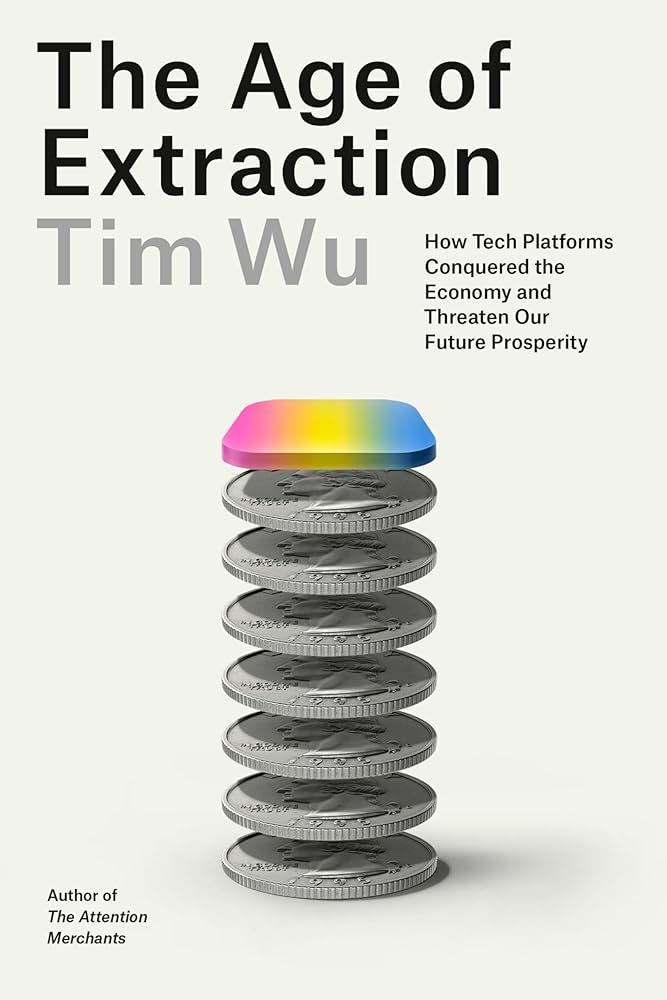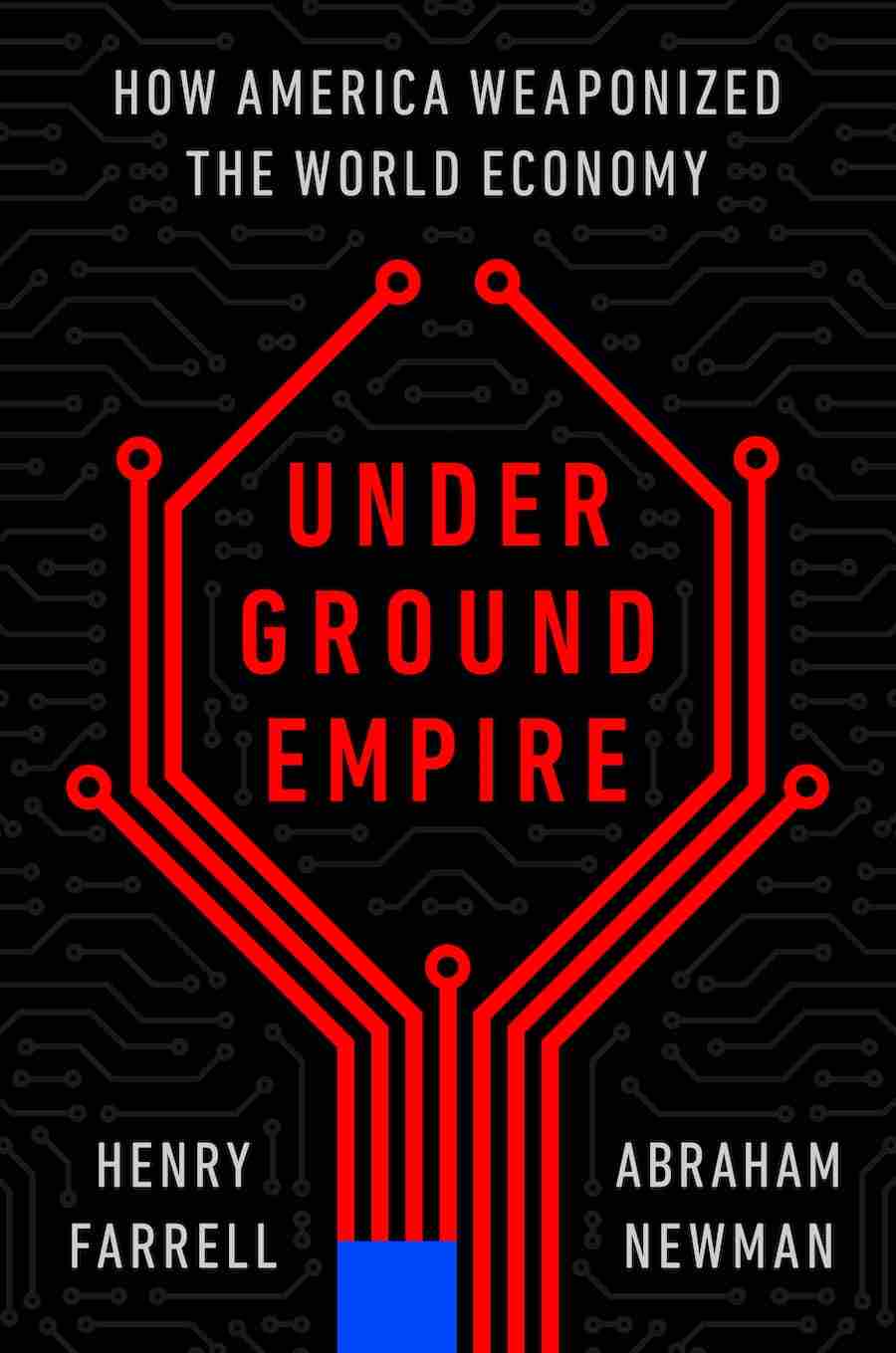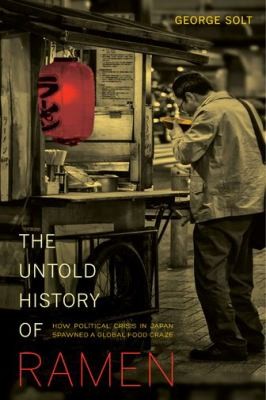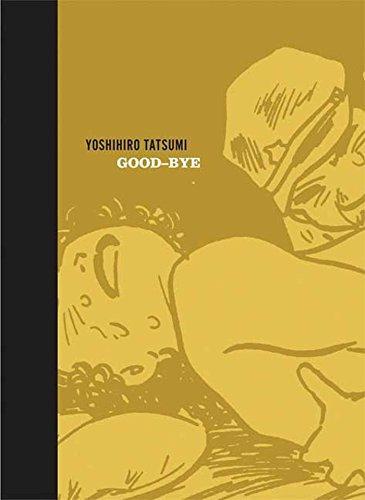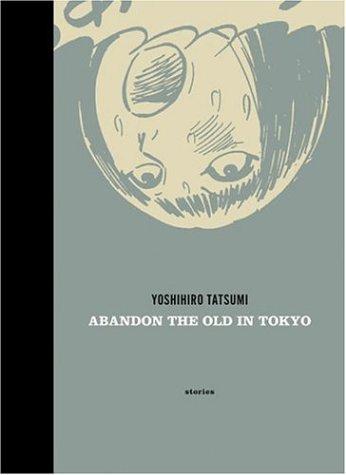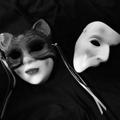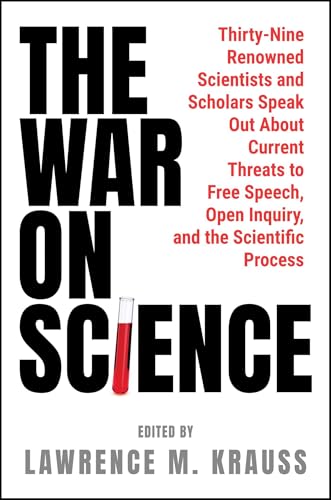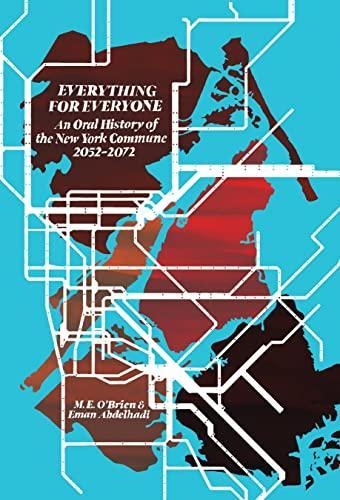One of the funniest things about this fucking book of garbage essays is that literally they debunk or undermine each other by accident.
The juxtaposition of Richard Dawkins, Alan Sokal, and Niall Ferguson—where they talk about the same things from both the same perspective but also in another position—is laughable. The number of times I read something in Ferguson's essay, which follows both Dawkins and Sokal, that debunked the people before him entirely by accident was the only amusement to be had.
Dawkins and Sokal focus on their fear of what they call "gender ideology" (while screaming about how people won't do science right and won't deal with facts they don't like, but they can't see their reflection in the mirror to realise how often they're talking about people like themselves while they think they're talking about Woke Students and Woke Professors).
Sokal has a citation where he randomly tells …
